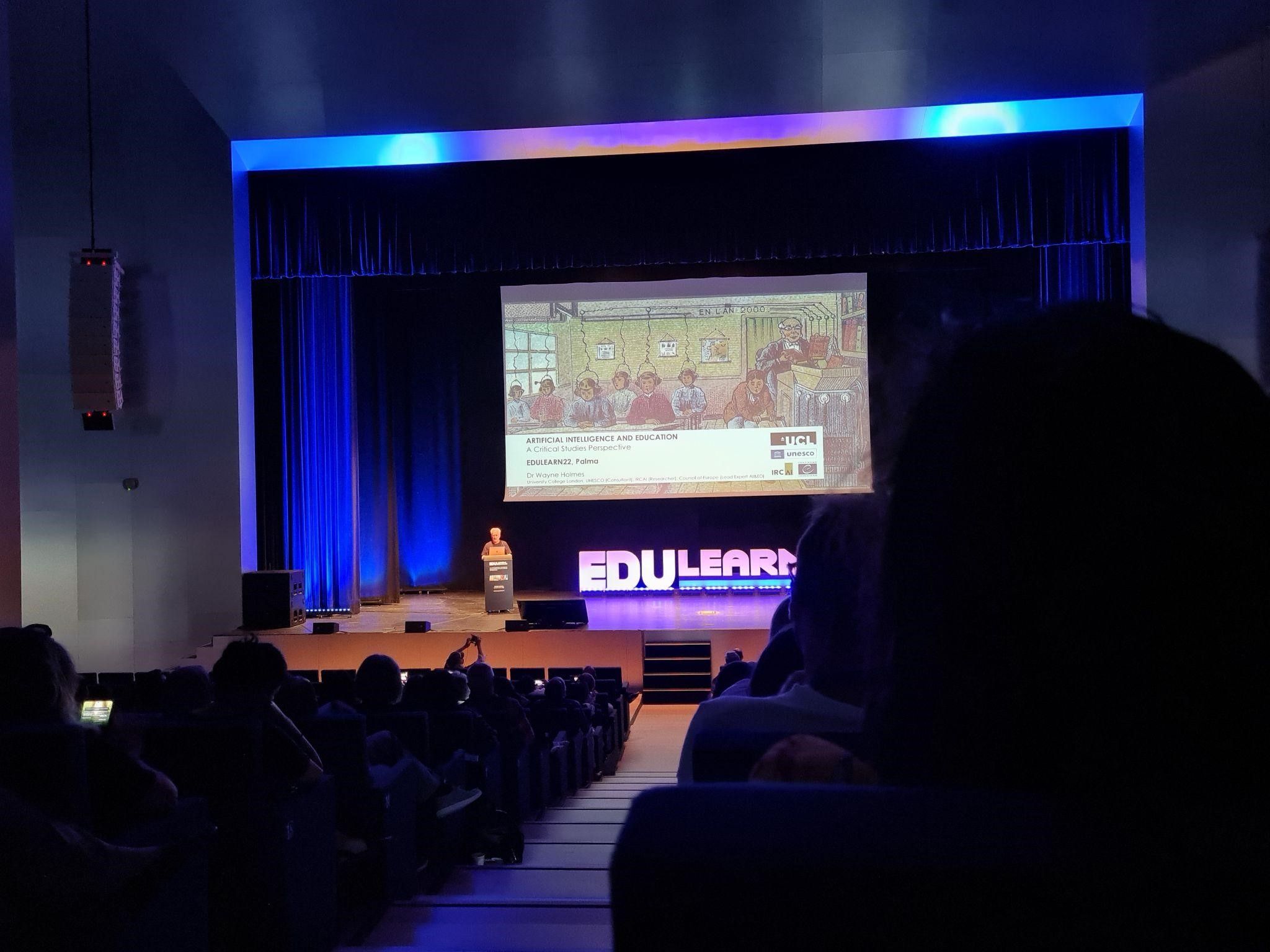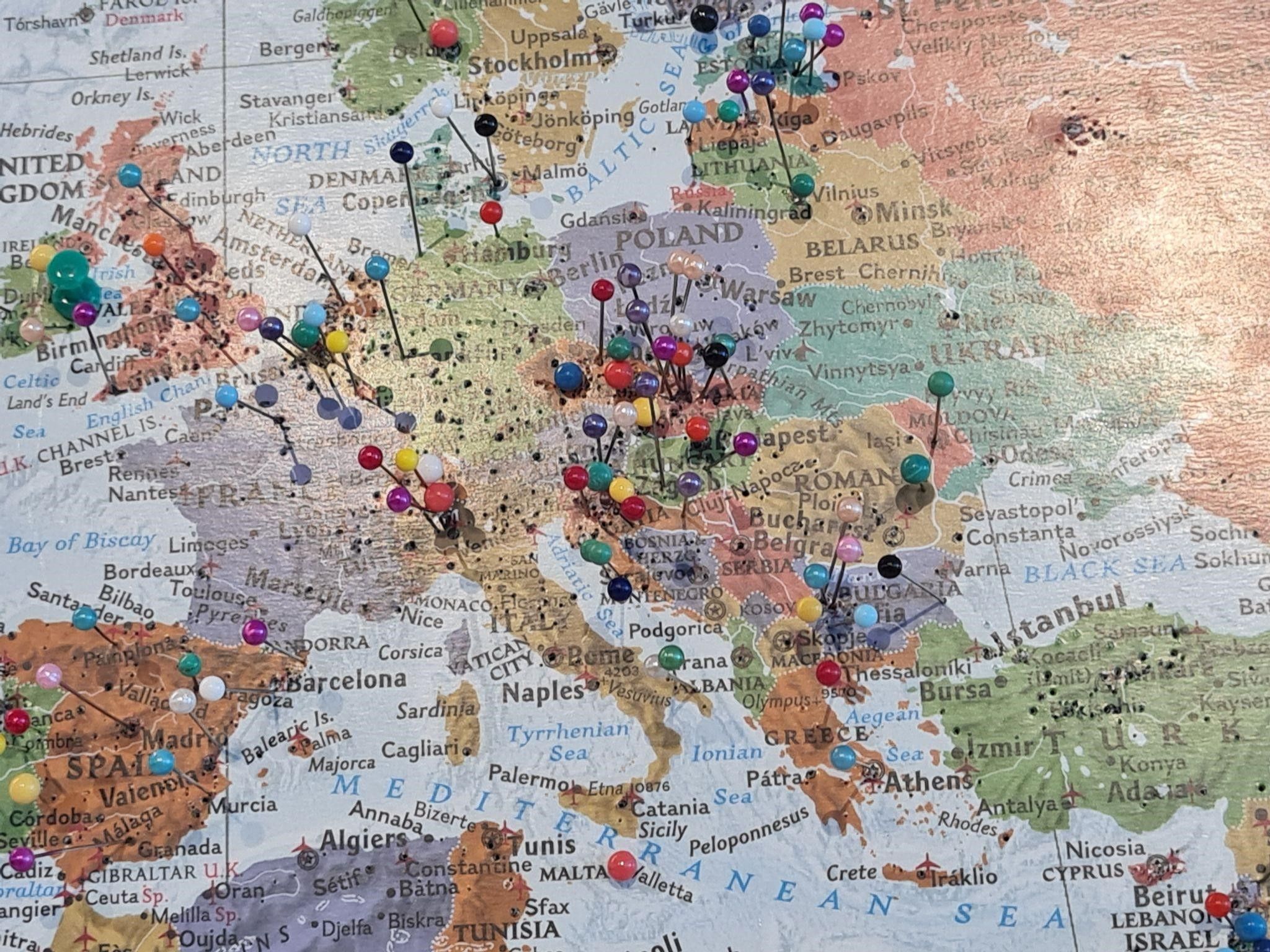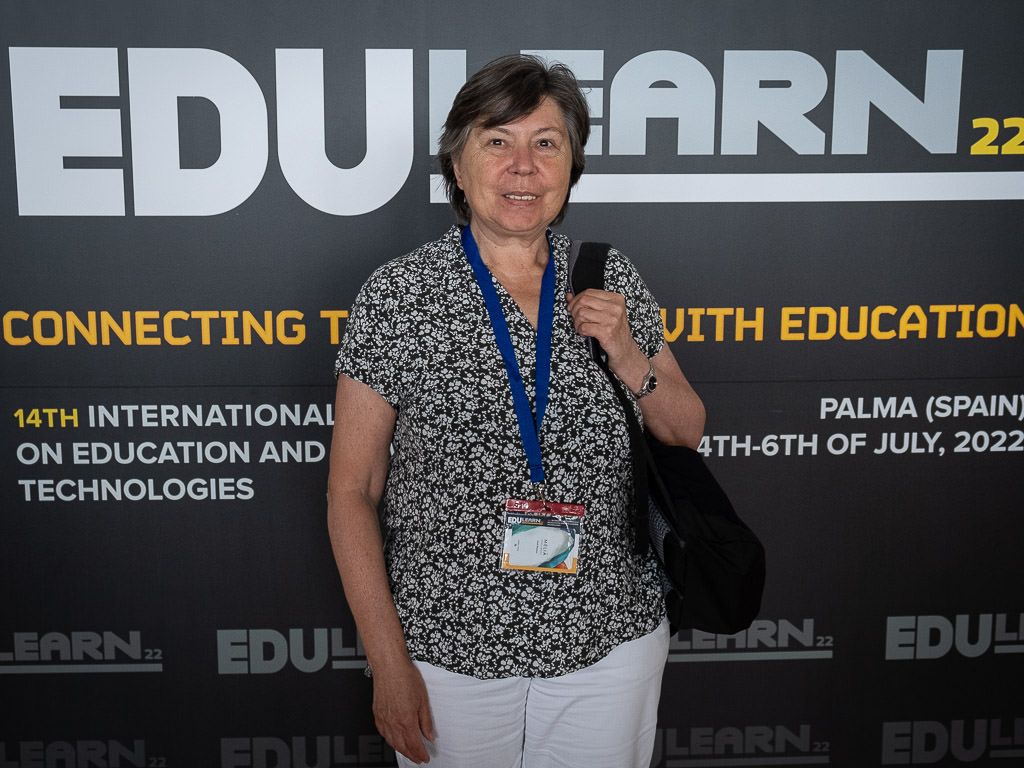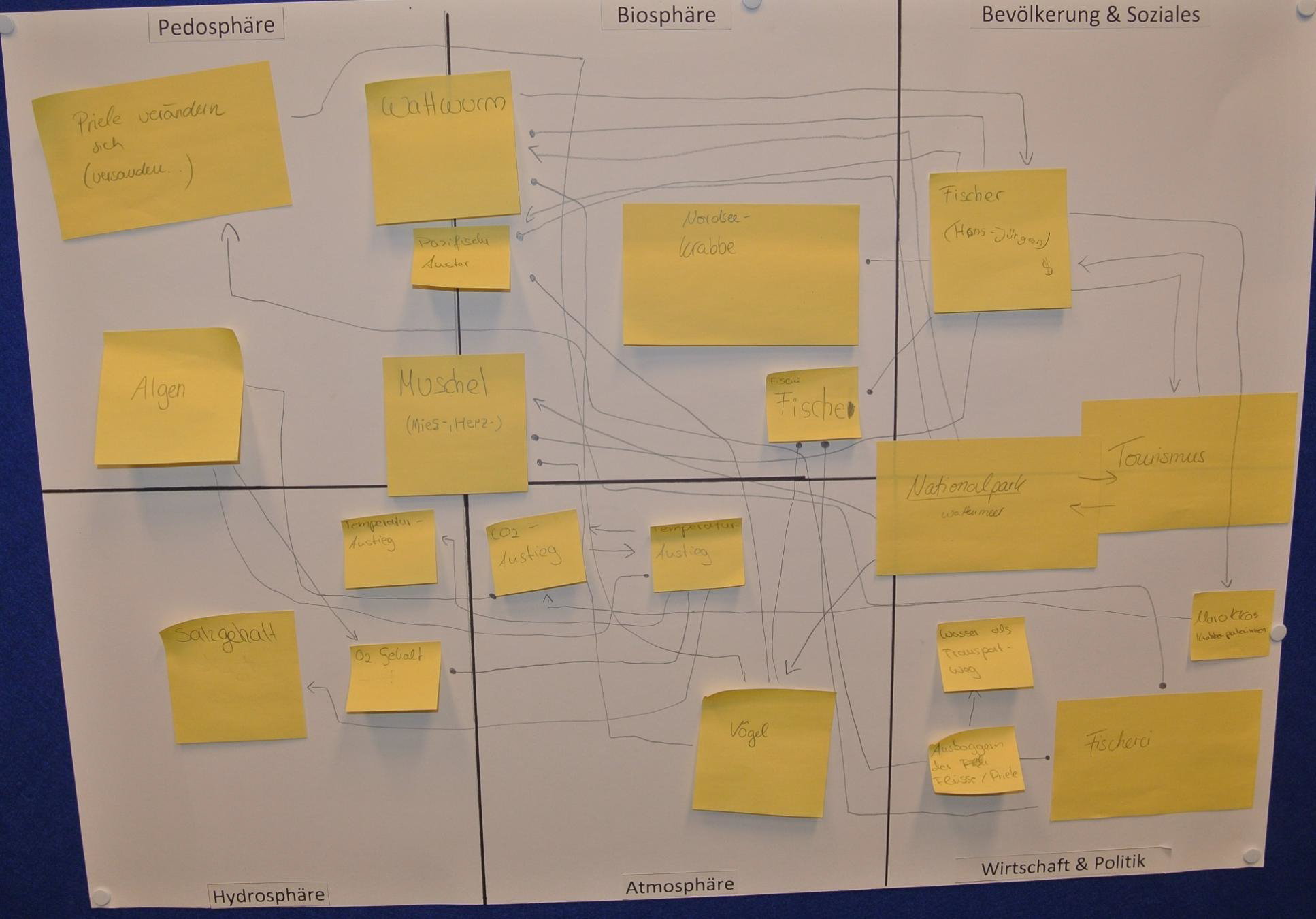Promoting sustainability literacy in science education
ResBios partners attend EDULEARN22 International Education Conference in July.

Earlier this month, the 14th annual EDULEARN22 Conference on Education and New Learning Technologies was hosted in Palma de Mallorca (Spain). This three-day conference was a fantastic opportunity for lecturers, researchers, technologists and professionals from over 80 countries to come and share their knowledge on teaching and learning methodologies and educational innovations. which they have gained from personal experience. This was a great example of the benefits of mutual learning, and an opportunity to learn new approaches to make sure that the next generation of teachers and students are given the best tools to deal with the issues they currently face, and those they may face in the future!
We are very proud to say that our Resbios partners from the University of Bremen (UB) were amongst these experts and industrial leaders in education. The team from UB are one of institutes in charge of the project’s work packages regarding education, and are also one of our RRI mentors.


From this team, Prof Doris Elster, Professor of Science Education at UB presented the findings from a new initiative they have started at their institution, a new Master’s study programme promoting Education for Sustainable Development (ESD) and Sustainability Literacy (SL) at the University of Bremen, with the course focusing on inquiry-based teacher Education for a Sustainable Future.
Biodiversity loss and climate change are two of the mayor world challenges the planet is currently facing, and something that needs to be addressed quickly. The impacts climate change will have on biodiversity will not be a gradual process, as the climate changes in certain regions, the species and biodiversity present will be able to cope in the short term, but once these regions reach a certain point these environments will be facing conditions they have never faced before, putting many species at risk of going extinct in these regions (1). The ways climate and the environment interact with one another are incredible complicated and require system level thinking to consider all the impacts these changes will have upon society, and to develop the solutions we need to take as global citizens.
This system level thinking approach is a major component of the new Master’s study programme at UB, the next generation of science teachers have a crucial part to play in changing societal attitudes and inspiring the experts of the future to come up with the possible solutions needed to maintain the long-term health of our planet. But how do we promote sustainable literacy in biology teachers?
The team at UB developed their one semester INQUIRE course for trainee biology teachers, created using the Sustainability Literacy Framework for Teachers (SEFT), which consists of 4 key components:
Future thinking: | The ability to think systematically about the future and future generations and how past decisions led us to the crises we face today. |
System thinking: | Considers cascading effects, system variables, positively and negatively feedback looping. How variables are interconnected? |
Value thinking: | Value-focused, orientation and/or ethical thinking. How values influence (sustainable) problem solutions? |
Strategic thinking: | Considers possible solutions under a given set of assumption. Which solutions are possible and appropriate? |
[2] Warren et al. (2015)
To consolidate these thought processes, the course teaches their students how to approach issues using the Syndrome Approach; a multidisciplinary analytic tool for identifying unsustainable developments and environmental problems in earth systems by considering them as disease patterns. From these “symptoms” you can then create network that represents the environmental problems and the comprehensible relationships between these issues from different view points, in the hopes of condensing these connections focusing the most crucial ecological, socio-cultural, and economic dimensions, using the following three step process:
1. Defining elements
2. Connecting elements
3. Defining possible solutions
3. Defining possible solutions
One such example used on the course was defining the impacts of industrial fishing on albatross and tuna populations, defining the societal and environmental issues, and presenting potential solutions and develop approaches that could either benefit, or at least reduce the impact of these changes on both the fishermen whose livelihood could rely on this industry, and the environmental costs of these practices.

The education students who participated in the INQUIRE course were surveyed before they started and after they had completed the programme, trainee teachers were asked to share their level of confidence in regards to their knowledge on sustainable literacy and the four key aspects of the SEFT framework. The results from these surveys show a general increase in the level of confidence the participants had in their knowledge of SI, and considerably improved confidence in the system thinking and futures thinking aspects of the SEFT framework, although a much less considerable increase in the areas of value thinking and strategic thinking.
Education is one of the key tenets of the RRI framework, and ensuring that teachers are fully equipped with the expertise they need to convey the complicated issues the world is currently facing, and the potential treats we may face in the future to their students, to create well informed members of society who have all the capabilities they need to make informed decisions on the future of the planet. The approach used by UB in the creation of their INQUIRE teaching course has the potential to promote this high-level system thinking and improve sustainable literacy, and should be considered as pedagogical strategy when developing training courses for all teachers.
References:
-
1Trisos, C.H., Merow, C. & Pigot, A.L. The projected timing of abrupt ecological disruption from climate change. Nature 580, 496–501 (2020). https://doi.org/10.1038/s41586-020-2189-9
-
2A. E. Warren, L. Archanbault, T., “Sustainability education framework for teachers: Developing sustainability literacy through futures, values, systems, and strategic knowledge.” Journal of Sustainability Education, pp. 1-14, 2014.
